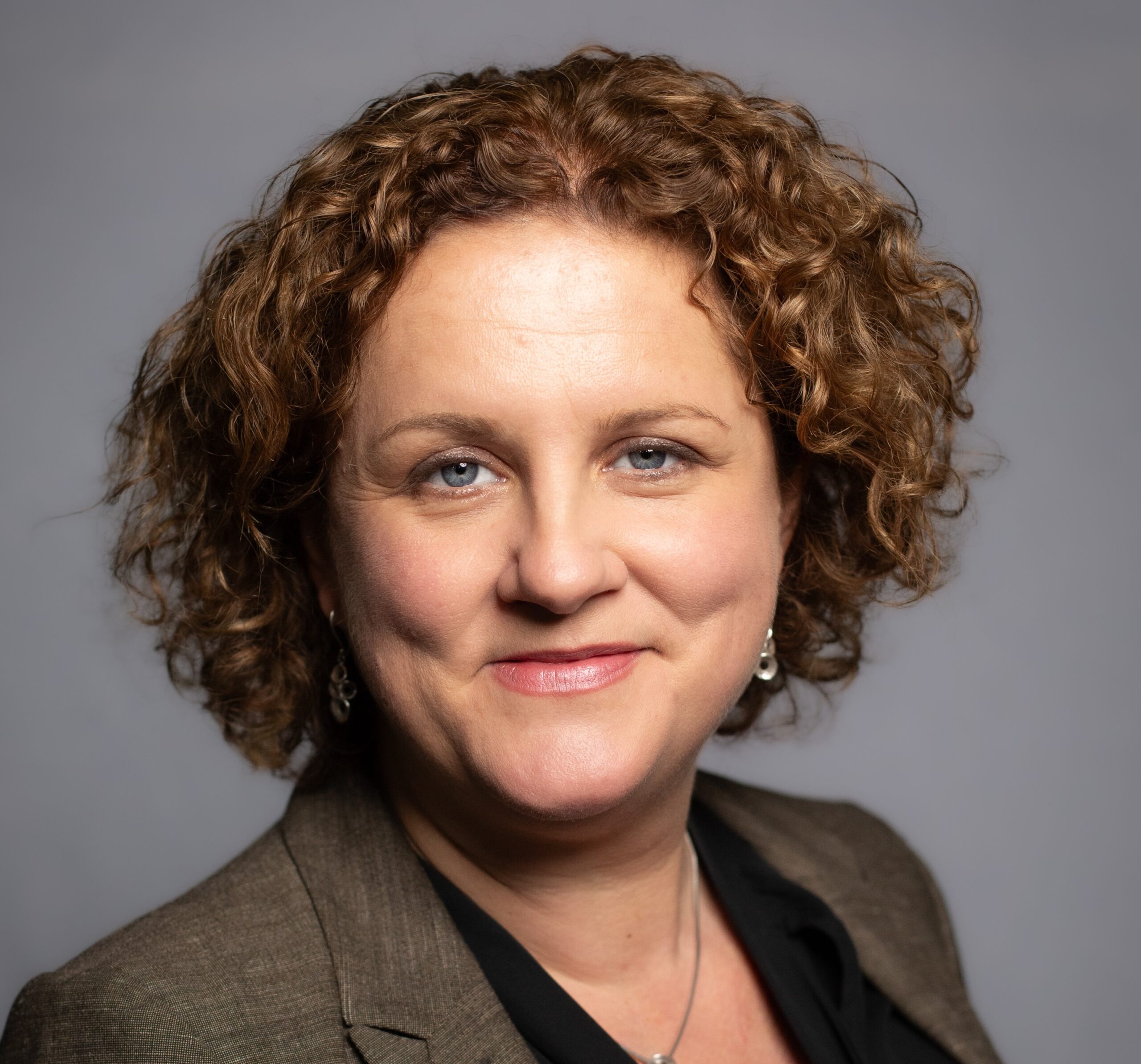Holding the Chief Constable to account
Every Police and Crime Commissioner holds their Chief Constable to account on behalf of the public and each one does it in their own way.
The philosophy for the York and North Yorkshire Deputy Mayor for Policing, Fire and Crime is to focus on the following five areas:
- Performance
- Quality of work
- Value for money
- Using feedback and evidence to improve services
- Examining performance
The Deputy Mayor uses a mix of public meetings, reports and research; partnering organisations such as Her Majesty’s Inspectorate of Constabulary; and formal complaints to assess the Chief Constable against expectations.
Among many day-to-day examples of ‘holding to account’ in North Yorkshire are:
- The National Rural Crime Network conducted a survey that showed rural residents are much less happy with policing than urban ones
- The Hate Crime Report, which revealed that more needed to be done to protect minorities in North Yorkshire
- A campaign on transparency by the Association of Police and Crime Commissioners, on behalf of all PCCs, to change the police complaints process.
- Addressing road safety – the one most frequently issues raised by the public. When asked what changes you wanted to see, 72%of you demanded improved road safety through education and enforcement. This led to a decision to increase the number of safety camera vans. However, as these cannot always be in every neighbourhood, Community Speed Watch was rolled out across the whole county, from January 2016.
Sometimes formal and sometimes informal, ‘holding to account’ is always based on your views, your needs and your feedback.
Beyond that, the Deputy Mayor also weighs the Chief Constable’s value by professional standards:
- Meeting the priorities set out in the Police and Crime Plan
- The Strategic Policing Requirement (SPR), which ensures there is sufficient capability, regionally and nationally, to deal with serious and cross-boundary criminality
- The force’s Code of Ethics
- Its effectiveness and efficiency
- Officers’ engagement with local people
- Equality and diversity
- Child safety and promotion of child welfare
- Monitoring of external inspection reports.
